True Crime is a whole lot easier to figure out when we change our perspective. When we see these crimes through the individuals in their world, suddenly all the dynamics become explicitly clear. Like a cartoon.

Seeing the world vividly from a toy’s perspective, in hyper-real, sensitive detail as we do in Toy Story [arguably the most successful modern franchise in cinema history], means we’re not only gifted with a NEW PERSPECTIVE per se, we also get to see glimpses of ourselves through the filter of this new perspective.

Seeing the world in a new way is always a huge creative achievement – Vincent van Gogh did this, Tolkien made us see that even the smallest person can make a big difference, Harry Potter showed us magic is real, Star Wars that there are galaxies far, far away. But Toy Story specifically is a brilliant analogy for using a change in perspective to understand True Crime, and what criminals reveal to us about the human condition, society, and – yes – ourselves.

In the Toy Story world, there’s a fine line between being a toy and trash. In Toy Story 4 we see just how fickle that world can be. One minute you’re a favorite toy enjoying pride of place, center stage in a little person’s life, the next you’re nothing. You can be displaced, replaced, tossed aside, by something that is none of the things you are. And if the thing that supersedes you is something out of the trash, what does that say about you, or about the kid, or about the whole notion of being a kid’s favorite toy?

One of the disquieting aspects of Toy Story – but one that also resonates – are those moments when the toys themselves willingly give up their life force whenever the godlike gaze of humans passes over them. Suddenly they turn limp, like dead bodies on a bedroom floor. In this spiel toys are precisely that – empty objects to be used [or abused] at the pleasure of their gigantic hosts.
And in this vulnerable state, anything can happen – including terrible things. Their limp forms – sentient but paralyzed – can be stomped on, or turned into fairground fare, or experimented on via brute force, animals or fire.

One of the worst fates for a toy – and a child, and people incidentally – is becoming lost. The terror in Toy Story 4 is how one can do everything right, live the perfect toy’s life as Woody has, give up everything, sacrifice everything, be completely loyal, and still end up in the closet, end up unwanted, end up making sacrifices that no one wants and no one cares about.
Finding out you’re lost is terrifying, but it’s even more horrible to be lost and not know it, tumbling down the rabbit hole of life getting more and more lost simply because you’re doing what you’ve always done.
Every character in the movie struggles with a longing for a status quo that no longer exists. – Vulture
Things pick up when Bonnie makes a new friend – literally. Fashioned from a disposable food utensil and some pipe cleaners, Forky raises existential questions about the toys’ consciousness that I had previously brushed aside under the umbrella of “imagination”. Made from bits and bobs (rather than fashioned in a factory), Forky thinks he’s “trash”, and wants nothing more than to escape to the safe oblivion of the waste bin. – The Guardian
“As we wrote the film, for a while we thought of it as a twin protagonist story. Most kids relate to Buzz, which is funny because Buzz is basically deluded. I’m not sure what that says about kids. But in the end, the film is really Woody’s journey, dealing with his own jealousy and how that gets in the way of truly being there for his child. Woody became a very deep, multifaceted character, who has continued to surprise us by bringing emotional depth to four films. Most characters — having been created for just one film — tend to run out of steam at some point. I think Woody continued to be a rich mine of emotion because he’s basically echoing our own lives. The ‘Toy Story’ films are about toys, but they’re really about us. Woody’s this well-intended good guy who’s often his own worst enemy.” – Writing Studio
Getting lost sucks. All toys, all children, and people tend to agree on that score. Being left out and then slowly withered to dust by the wear and tear, the wuthering winds of insignificance. It’s a fate to fear, almost worse than death. Almost.
Even if toys make it through a child’s childhood in one piece, even if they perform their duties to distinction, even when they serve their purpose, they invariably end up in a box, and in the trash.

There’s a scene in Toy Story 4 that reminded me of Shan’ann and Chris Watts. A dysfunctional brunette doll asks Woody to make a sacrifice no toy should be asked to make for another toy. But Woody, being the toy he is, dutifully gives up his voicebox to Gabby…and it doesn’t really make any difference.

Gabby, like Shan’ann, sees Woody as a prop, as a piece of merchandise that she can use to find her own voice. He’s just a prop to her, his purpose reduced no more and no less than a means for her to enjoy her own fairy tale.
The part that seemed something of a stretch, was even after Gabby takes his voicebox, literally cutting it out of his back, Woody decides to do Gabby another favor by trying to find her a kid. I wouldn’t do that, would you? Someone’s betrayed you, cut your heart out, and you’re going to stick around and do more good deeds for them?

But Woody does. Woody does his damnedest to give Gabby the fairy tale she feels she deserves. Because he’s loyal. He’s just that kind of cowboy. he’s a cowboy with a holster but no gun. That’s how he rolls. Even though Gabby’s companions are creepy, controlling, slave-like Ventriloquist dummies [like Shan’ann’s Thrive promoters], Woody persists in doing a good deed even though he’s already been punished.
But then something happens. While all this is going on, Woody’s old flame Bo Peep makes an entrance. Bo Peep is a “lost toy” who – since she was taken away in a box – has made the most of her life. She’s taken herself off the shelf, dusted herself off and is making the most of her toy life. Bo Peep’s living her life on another level to Woody and Gabby.
Now, Bo Peep is way too wholesome a character for Nichol Kessinger, but what she does is she offers Woody a sort of alternative world, alternative life, alternative perspective. Ultimately she shows Woody 1) he’s lost, 2) just how lost he is and the way he’s going 3) he’s getting more lost.
What Woody needs to do is find his balls and do something else with his toy life. Bo Peep’s appearance creates an existential tension – Woody has to decide who he’s going to be, and who he’s going to go with.

And even this is a transaction. If getting lost as a toy means finding oneself without a kid that loves you, or simply being thrown away like garbage, then getting unlost also seems to be a matter of hitching your wagon to someone. Someone else that is. Which is a toy’s way of turning the tables on being turned into garbage.
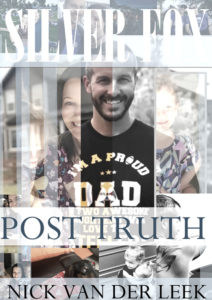
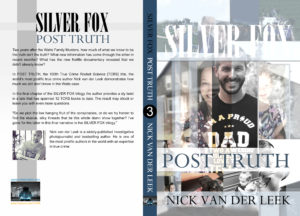
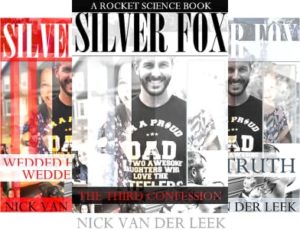
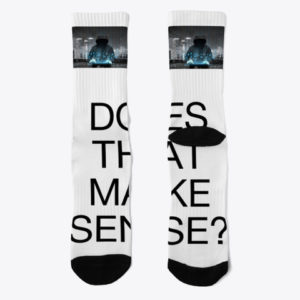
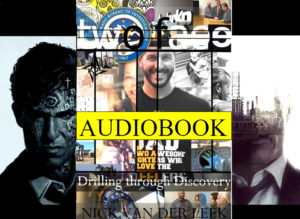


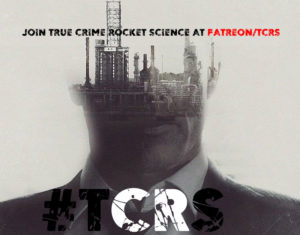

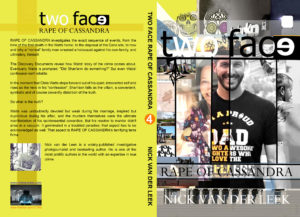
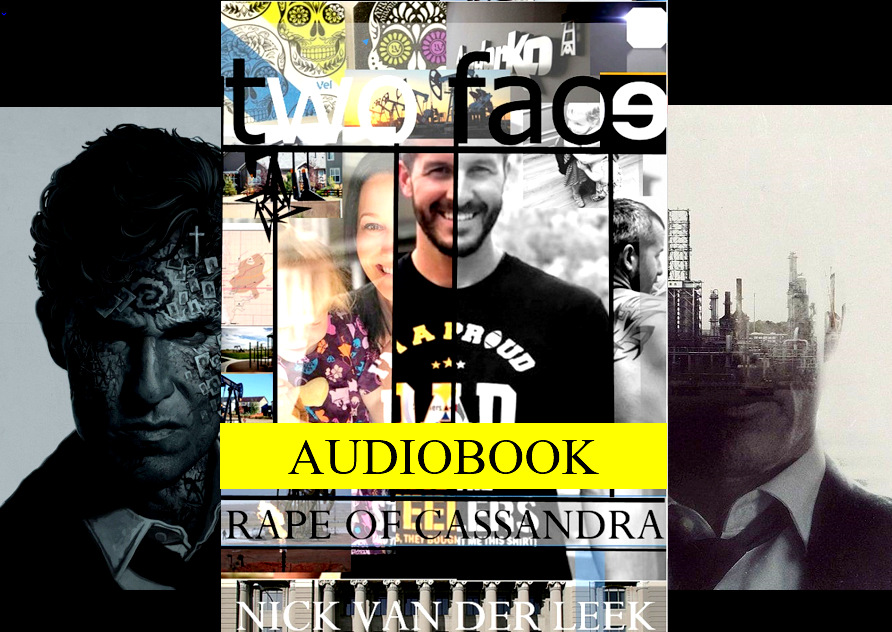
Recent Comments